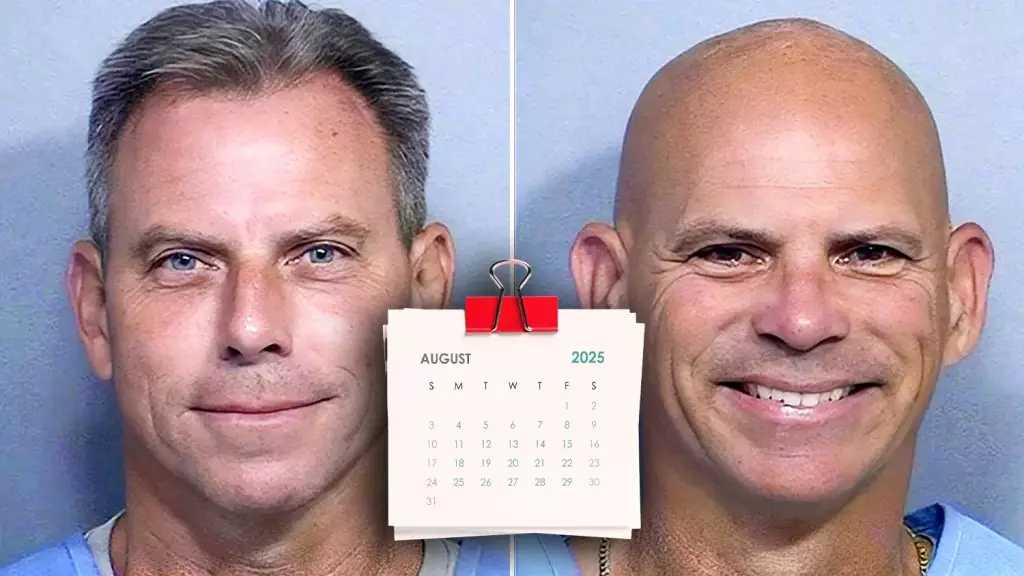After enduring decades of confinement for a crime enveloped in convoluted details, Erik and Lyle Menendez find themselves on the threshold of potential freedom. The 1989 shotgun murder of their parents, Jose and Kitty Menendez, has fascinated the public for over three decades, stirring spectacles from tabloid discussions to cinematic interpretations. Their recent resentencing to 50 years to life, granting them eligibility for parole, suggests a transformative shift in how society perceives justice and rehabilitation.
In a pivotal decision, Los Angeles Superior Court Judge Michael Jesic ruled that the brothers do not present an “unreasonable risk” if released. This judgment marks a significant departure from the draconian sentencing they received in 1996 when they faced life without parole. The question arises: what does this change signify for the broader landscape of the American justice system, especially concerning cases characterized by familial trauma and psychological distress?
The Enigma of Abuse and Self-Defense
Central to the Menendez brothers’ defense was the assertion that their actions were borne out of self-defense against years of alleged sexual abuse by their father, a narrative many continue to grapple with. The court’s recent determination to classify them as youth offenders adds another layer to an already deeply complex case. It challenges us to reconsider traditional perceptions of guilt, responsibility, and the possibility of atonement.
Critics of the legal system often highlight its failings, particularly in cases involving mental health and abuse. The Menendez case serves as a grim reminder of these shortcomings. Many advocacy groups argue that young offenders, especially those who have experienced profound trauma, should be afforded opportunities for redemption. The judicial system’s recent leniency offers a glimpse of hope but raises questions about whether this is a genuine sea change or a one-off occurrence.
The Ripple Effect of Media Attention
The way the Menendez case has been scrutinized and sensationalized by the media has amplified its multifaceted narrative. Programs like Netflix’s “Monsters: The Lyle and Erik Menendez Story” have reignited public interest, dragging the brothers’ story back into the spotlight. This revival not only highlights the captivating allure of true crime but also brings forth ethical questions surrounding media portrayals of criminal cases. Does such dramatization assist in uncovering truths, or does it simply exploit human suffering for entertainment?
As the clemency board scheduled hearings shift to parole suitability hearings, the anticipation surrounding these events serves as a benchmark for social attitudes about crime and punishment. The Menendez brothers have maintained a complex narrative of their lives, one that intertwines tragedy, despair, and, potentially, a chance for redemption. Their situation evokes empathy, stirring a collective reflection on how society measures justice.
The Road Ahead
As the Menendez brothers await their hearings in August, the future remains uncertain. Their story elicits strong sentiments across the spectrum, painted by individual perceptions of justice, accountability, and rehabilitation. It beckons both public dialogue and introspection about how we define crime, the societal responsibilities to victims and offenders alike, and what freedom truly looks like in the context of transformative justice. As their case unfolds, it will undoubtedly continue to engage and provoke thought within the realm of criminal justice discourse.

